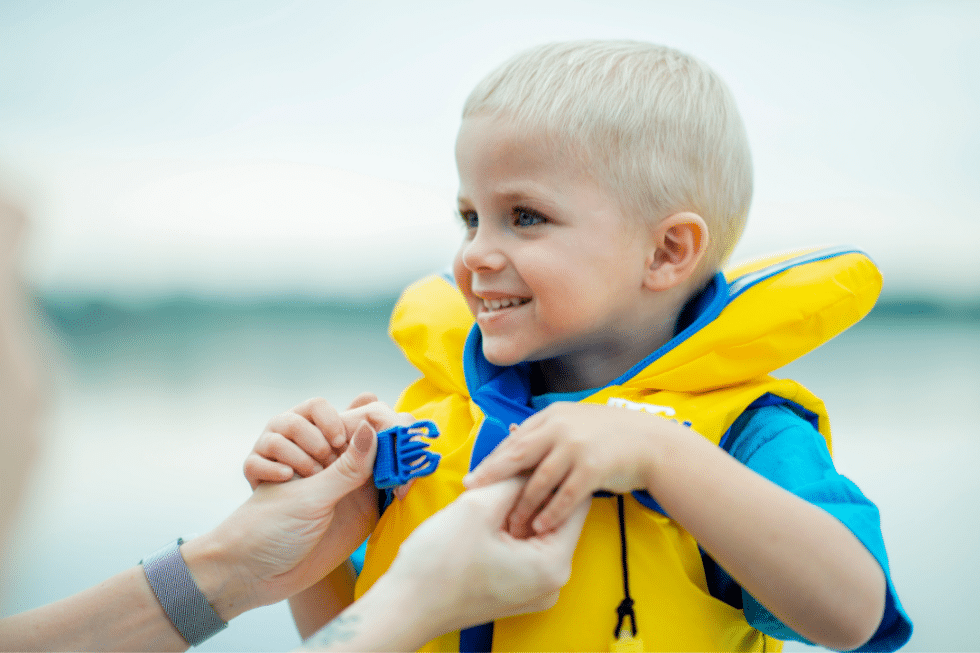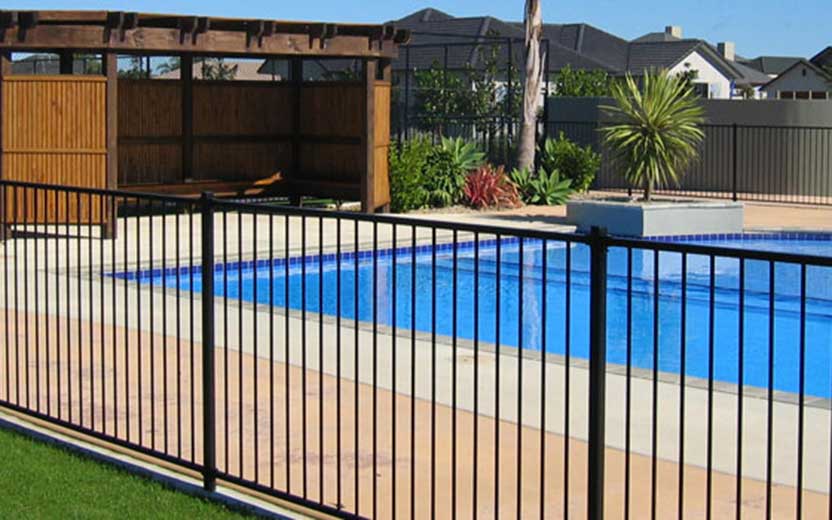By Marcus Fernandez
Water activities offer a way to beat the heat of summer in Tampa, Florida. What better way to cool off than swimming, boating or just dipping your toes in a kiddie pool? Perhaps while enjoying a cold iced tea. Spending a day at the beach along Tampa Bay or fishing in the Gulf of Mexico are fun activities if you follow the basic rules of water safety.
The fact that 98 children died in drowning incidents last year in Florida is a somber reminder of how quickly a day of fun at the beach or by the pool can turn to tragedy. It takes only seconds for someone to fall into the water and drown.
You can reduce the chance of a tragic accident by learning and practicing a few basic rules of water safety and teaching them to your children. Here, to help you get started, are 10 basic rules to keep you and your family safer this summer.
Rule 1: Learn to swim
Encourage all adults and children in your family to learn at least basic swimming skills allowing them to do the following:
- Safely enter the water.
- Stay afloat.
- Take a breath while in the water.
Adults and children should be taught to know how far they can swim and to not venture out into a pool or body of water that is farther than they can swim back.
Rule 2: Never swim alone
Use the buddy system and only swim with another person. It’s more fun than swimming alone, and it ensures that someone will be there in case of a problem.
When swimming in a pool or at a beach that has a lifeguard, swim where you will be seen in case something goes wrong. Sticking with the buddy system remains a good idea, so one of you can alert the lifeguard in case of trouble.
Rule 3: Children should be supervised by an adult
When a young child enters the water, there should be at least one adult close enough to reach out to the child in the event of a problem. Older children who are strong swimmers should be under the supervision of at least one adult while in the water.
Rule 4: Wear a life vest
Wear life vests or Coast Guard certified flotation devices when a boat is underway. At the very least, they should be worn by children and anyone who cannot swim.
Younger children and children who cannot swim should wear a personal flotation device when in a swimming pool or other body of water. They are not, however, a substitute for adult supervision.
Rule 5: No diving
Enter the water feet first to avoid serious head and neck injuries. Striking your head on the bottom of a pool or a shallow body of water can cause serious, life-threatening injuries.
Rule 6: Surround your pool with a fence
A fence with self-closing and latching gate prevents children from wandering into the area when adult supervision is not available. This water safety tip is crucial if you have a pool at home.
Rule 7: Do not mix alcohol with water activities
Avoid alcohol should when engaging in any type of water activity. It impairs your judgment, balance and coordination. Adults supervising children engaging in water activities need to remain unimpaired by alcohol.
Rule 8: Do not engage in breath-holding contests
Swimmers who hold their breath for too long either as part of a contest or to swim long distances underwater increase their risk of passing out and drowning. Anyone who wishes to learn proper breathing techniques should do so under the supervision of a certified swimming instructor.
Rule 9: Swim only in designated areas
When at the beach, swim only in areas designated as being safe. Strong currents, boating traffic, piers, or other dangerous conditions may otherwise be present.
Even when swimming in a designated area, be mindful of weather conditions that may create dangerous rip currents that can carry a swimmer far out away from the shore. Designated swimming areas usually have flags posted to warn of the presence of such conditions.
Rule 10: Learn how to treat injuries and save lives
No matter how safe you try to make them, accidents can happen when participating in water activities. Take a course to learn basic first aid and CPR. If you have a boat or backyard swimming pool, have a first-aid kit available with supplies you need to treat injuries that may occur.
Know your rights when accidents happen
Following the above water safety tips will go a long way toward reducing the risk of an accident. But you cannot always protect yourself or your family from the reckless or negligent conduct of others. If you suffer an injury in an accident at a pool, waterpark or while boating, contact a Tampa personal injury attorney for advice about recovering damages from the party who was responsible.



